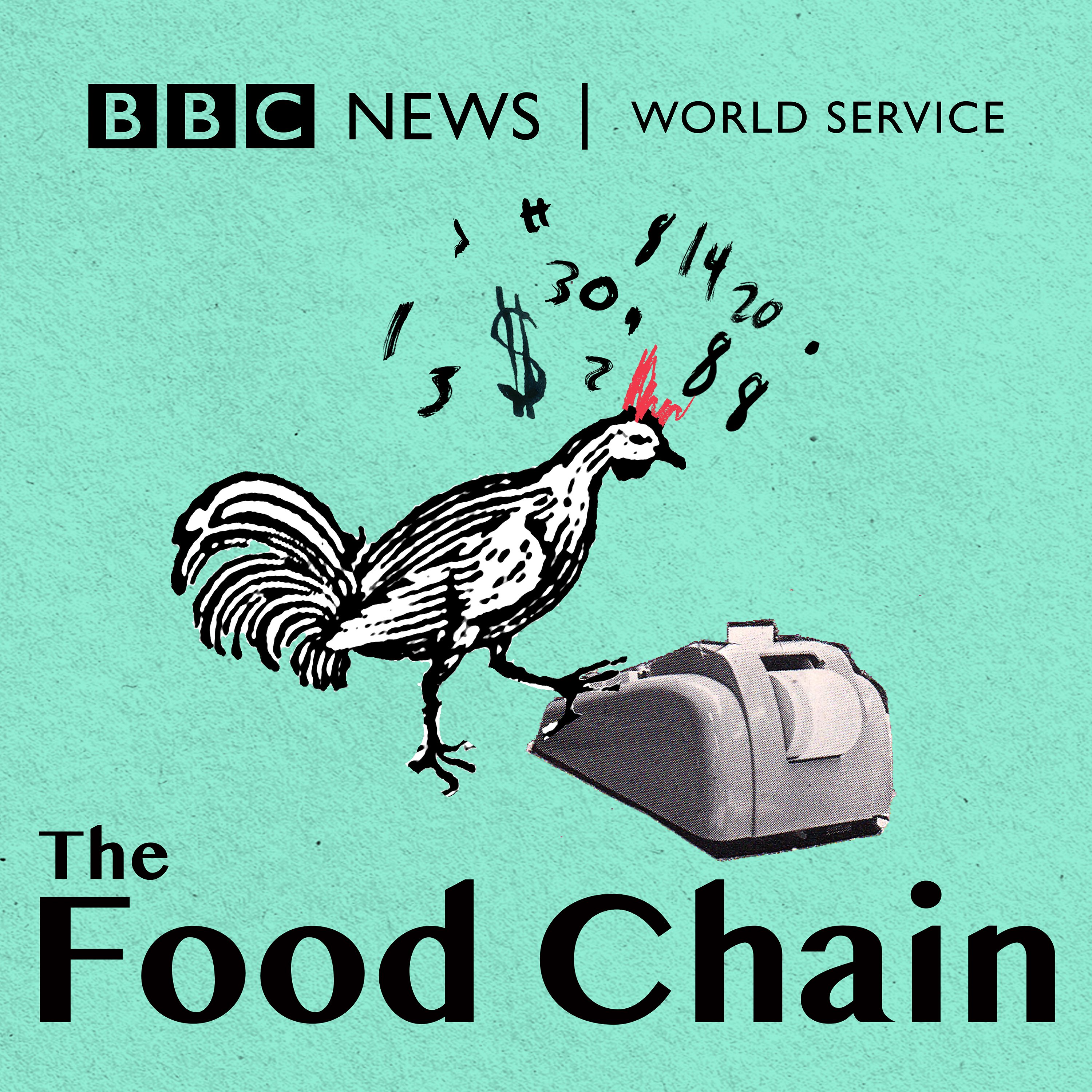Have We Cracked the Nut Problem?

It’s a food problem that can prove fatal - and we might be about to crack it. The first licensed medicines to treat peanut allergy are close to being approved by regulators. But we ask – why has it taken so long? For over a century we’ve known that an allergy can be treated by controlled exposure to the allergen. Simply put, the treatment of a peanut allergy is a very small dose of peanut. So when the prevalence of allergies began to soar in the 1990s you could have been forgiven for thinking a solution might not be far off. But as yet, there are no licensed medicines for widespread use. Some clinicians already use the technique – known as immunotherapy – but it is unregulated and the cost is prohibitive for many. This could all be about to change. Two treatments are expected to be approved by regulators in the next couple of years. It couldn't have happened without the involvement of charitable donors, venture capitalists, and pharmaceutical companies. The food industry has also invested millions. In this episode we explore the relationship between profit and progress when it comes to solving a serious food health problem. Why has it taken until now to get to this point? And, when the worst possible outcome is the death of a child, isn’t total avoidance of peanuts the safest option? Contributors: Dr Louisa James, Queen Mary University of London, Lisa and Clara Goff, Dr Andrew Clark, Cambridge Peanut Allergy Clinic and Chief Scientific Officer, Camallergy, Dr Pierre-Henri Benhamou, DBV technologies, Stephen Dilly, Aimmune Therapeutics, and Dr Robert Wood, John Hopkins Children’s Centre. Presenter: Emily Thomas